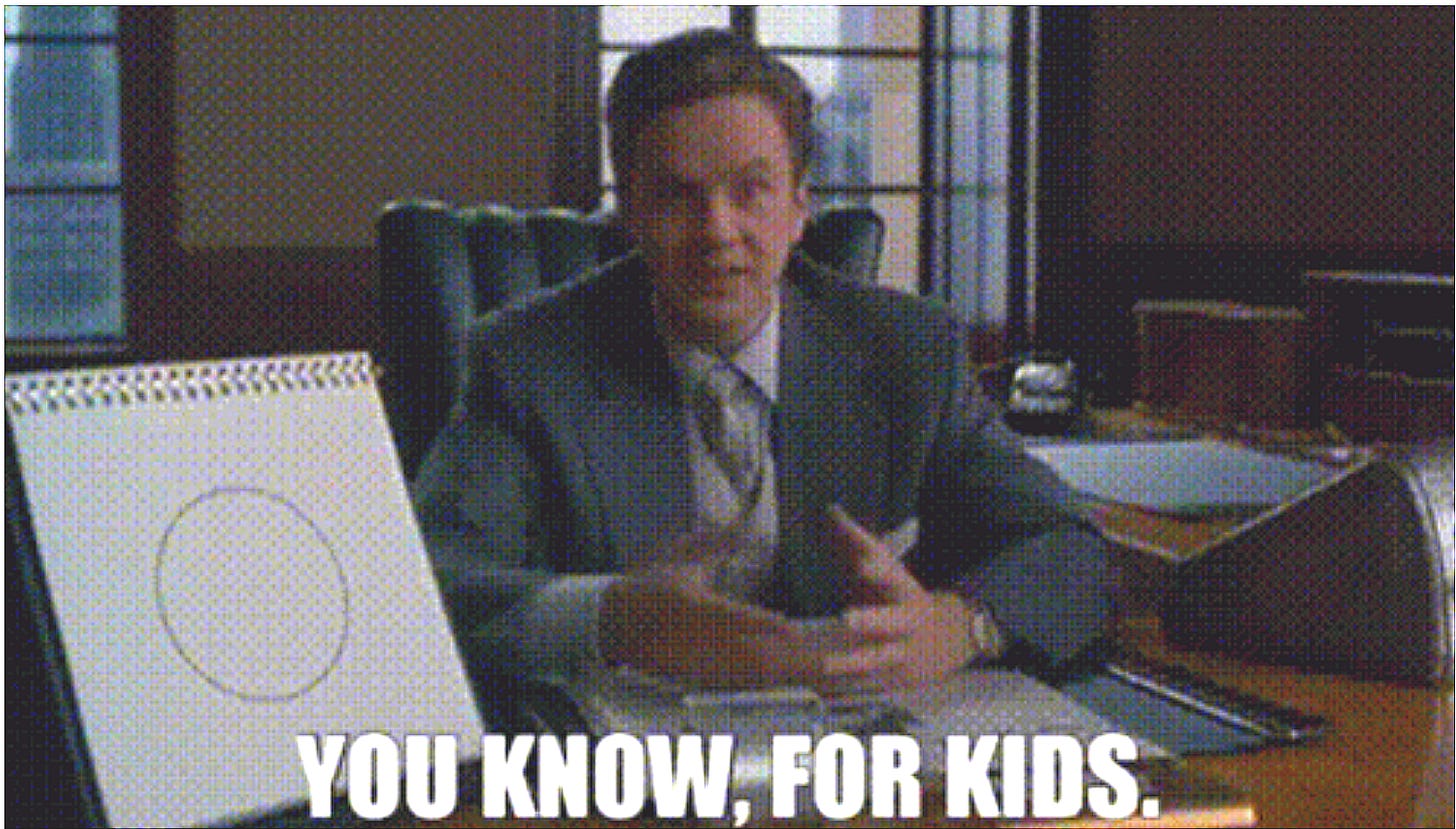On Being Useful
Transparency around the OH nonprofit business model, and our 10 year anniversary
OH as a resource; OH as a process
I started Obscure Histories 10 years ago this year, back in 2014. It might seem like ages ago, and we certainly haven’t been constant throughout the decade. We started with a core group of writers, first with Julia Chen and Michael Gott, then later Brendan Wolfe, and my late grandfather, Herbert Wignall, who shared the histories he wrote for his stamp collecting group. These writers were all volunteers, sharing their work for the pleasure of doing history and writing about it. We had an eye early on to making these histories visual and accessible, but they were also rigorous, based in primary sources, and verifiable.
At that time, we pitched OH as a supplemental resource for secondary schools. In the case of some pieces, it seems that colleges have used them as well. We wanted OH to be useful.
We were idealistic. We resisted advertising models and paywalls. We resisted listicles and click-bait. We resisted SEO and popularizing our content.
…We had to shut down our daily operations due to lack of funding and resources. Who could have seen that coming!
The fun fact was (and is) you can’t have a sustainable business model based on freely accessible content, without advertising or other restrictive measures. It’s still true, but I would like to share with you my plan on how we are going to do it our way.
Being Useful
We are now two and a half years into being a 501(c)(3) nonprofit. We were granted this status from the IRS as of July 1, 2022. I wanted to become a nonprofit because I want our content to be available and accessible, and a public resource. I didn’t want to compromise the integrity of the work.
I also wanted to make sure that we were paying our writers for their content, which we weren’t able to do before. Without revenue, we can’t pay people for their authentic work and intellectual contributions. We are not a content generation factory. We do not use AI. Our writers’ contributions are valuable and important, and they should be compensated. Work is work.
Because things take such a long time to go through the nonprofit process, it was only late last November 2023 that we were able to announce our status as a nonprofit and fundraise. 100% of those funds raised have gone to paying our writers. Thank you to everyone who has supported OH so far. You started something much more than funding quality, rigorous historical content — we are becoming a community.
The OH Community Writers Initiative is community-led. We publish material that our writers — and wider readership — feel is important for the world to know about. This means greater opportunity to publish histories about marginalized people from around the world, and histories you might not be exposed to, otherwise.
And I get to pay people to write these. Pinch me.
We have added Sophie Adekola, Jason Phillips, Nate Barker, Amanda Minchin, Rachel Martinez, Matthew Adams, and Katherine Brown as regular, paid contributors. We also have some new authors we are working to include into our publication schedule. All these authors constitute our Community Writers Initiative, and they are from around the world. We are just getting started, but these writers have already begun supporting one another, communicating, and building something together.
This has been a joy. On the flip side, fundraising to pay authors is hard. People feel inclined on occasion to support this kind of work, but not at the level we need to sustain it. And everyone falls back on the tired model of supporting content creation with advertising.
It is also a not-well-known fact that nonprofits are only eligible for many grants after being in operation for three years. We aren’t there yet, but we also can’t rely on grants alone going forward.
This leads me to…
OH, Jr. (…or, You know, for kids.)
You might subscribe to OH because of the historical content, but we hope to gain new followers based on the work we are doing to develop curricula that use history stories to teach professional skills to kids.
The OH, Jr. History Documentary Video curriculum has now been taught for two years in the 8th grade, and one year as a club at the same Chicago school. It has been fine tuned and streamlined, and we’ve observed how it is used and developed new forms and activities in response. This curriculum teaches kids to research, write, and edit history documentary videos using video editors that are like training wheel versions of professional software.
It was written alongside and for my son, Ronen. Ronen is in the inspiration for OH, Jr., as he wanted to learn video editing, so we made a curriculum for him and his friends. (He’s been promoted and is now the “Senior Junior Advisor” to OH, Jr.)
Writing a curriculum complete with activities, forms, and rubrics is one thing. Making it available is another. When we tried to figure out how to “scale” the curriculum to a broad user base, we found there were significant barriers to adoption. It needs to be centralized for ease of use, to receive updates, and to make sure we are using the latest technology.
We also want to expand our offerings to include curricula that teach other professional skills, like essay writing, resume writing, data analysis, data visualization, and other skills that rely on analysis and creativity to make an impact.
How are we doing this?
We are in the process of developing an online learning portal that will house all these educational courses for kids within one access point. Many courses, with one common factor — the use of history stories to teach professional skills. We have moved beyond design, and we are currently developing it, right now.
Many courses, one common factor — the use of history to teach professional skills.
These courses will be available with a low subscription. And when the time comes, we will write grants that will hopefully offset the costs to keep them low, while also supporting curriculum development and operations.
The revenue from this online portal will then go to supporting …. our OH Community Writers Initiative.
That’s right, we want to use the OH, Jr. revenue to pay our authors for more online content. We will work to sidestep the advertising model entirely by doing something new, and being useful instead of perpetuating a commodity model.
Now, because I don’t want to speak for the Board, or my writers, I want to say this personally, as the Founder of OH, the thinking that guides me:
I reject the idea that creative enterprises are intrinsically without concrete, professional value, that content must be commodified, and that people should work for free to “get experience.”
I believe in the idea of a sustainable enterprise that builds skills and opportunities using history stories with the aim of developing a thoughtful community, exposed to a variety of viewpoints.
I believe in the idea that history stories are important content to be crafted, and that the community should decide what stories should be told.
I believe in being useful in our own little corner of the world, in whatever way we can.
We don’t have to wait, and we are doing this already, today, at Obscure Histories.
More to come soon on our Online Learning Portal, complete with progress updates, images, schedules, and ways you can help. But you’re the first to know.
Yours in history,
Dana




